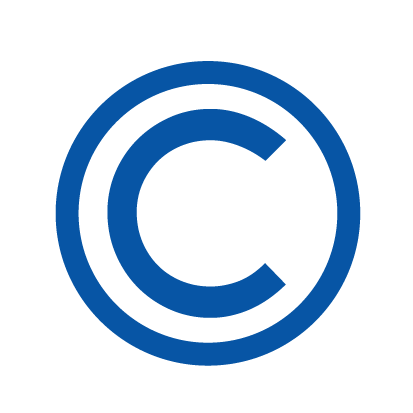Codes et normes - Achat
CAN/CSA-Z314.1-01 (R2007)
Ethylene Oxide Sterilizers for Health Care Facilities
SKU: 2414502
Publié par CSA Group
Année de publication 2001
Confirmé(e) en 2007
20 pages
Withdrawn
détails du produit
Scope
Caution: ETHYLENE OXIDE IN LIQUID AND VAPOUR FORM IS ACUTELY TOXIC AND HAS BEEN CLASSIFIED AS A HUMAN CARCINOGEN BY THE INTERNATIONAL AGENCY FOR RESEARCH ON CANCER. FOR PROVISION OF ADEQUATE PROTECTION AGAINST THESE EFFECTS, REFER TO FEDERAL AND PROVINCIAL REGULATIONS AND TO CSA STANDARD Z314.9.
1.1
This Standard applies to ethylene oxide sterilizers that have automatic controls and are intended for general-purpose use in health care facilities.
Notes:
(1) For the purpose of this Standard, the term health care facilities includes, but is not limited to, nursing homes, extended-care facilities, clinics, medical and dental offices, and health units in industry.
(2) This Standard is intended for manufacturers of ethylene oxide sterilizers; tests involving modifications to the sterilizer controls or safety features could present hazards to those who do not possess specialized testing equipment and the expertise to conduct the tests.
1.2
This Standard includes minimum construction, performance, testing, and labelling requirements. The purpose of these requirements is to ensure
(a) that the environment in the sterilizing chamber is potentially effective in sterilizing products; and
(b) the safety of personnel using the equipment.
1.3
This Standard does not provide requirements for either pre-sterilization or post-sterilization procedures or for machine-operator requirements, nor does it specify the tests to be performed that are designed to indicate the probability of product sterility.
1.4
This Standard is not intended to specify routine quality-control release tests.
1.5
In this Standard, shall indicates a mandatory requirement; should indicates a recommendation or that which is advised but not mandatory; and may indicates an advisory or optional statement. Notes accompanying clauses do not include mandatory or alternative requirements; the purpose of a note accompanying a clause is to separate from the text explanatory or informative material that is not properly a part of the Standard. Notes to figures and tables are considered part of the figure or table and may be written as mandatory requirements; legends to figures are also considered part of the requirements of the figure.
Caution: ETHYLENE OXIDE IN LIQUID AND VAPOUR FORM IS ACUTELY TOXIC AND HAS BEEN CLASSIFIED AS A HUMAN CARCINOGEN BY THE INTERNATIONAL AGENCY FOR RESEARCH ON CANCER. FOR PROVISION OF ADEQUATE PROTECTION AGAINST THESE EFFECTS, REFER TO FEDERAL AND PROVINCIAL REGULATIONS AND TO CSA STANDARD Z314.9.
1.1
This Standard applies to ethylene oxide sterilizers that have automatic controls and are intended for general-purpose use in health care facilities.
Notes:
(1) For the purpose of this Standard, the term health care facilities includes, but is not limited to, nursing homes, extended-care facilities, clinics, medical and dental offices, and health units in industry.
(2) This Standard is intended for manufacturers of ethylene oxide sterilizers; tests involving modifications to the sterilizer controls or safety features could present hazards to those who do not possess specialized testing equipment and the expertise to conduct the tests.
1.2
This Standard includes minimum construction, performance, testing, and labelling requirements. The purpose of these requirements is to ensure
(a) that the environment in the sterilizing chamber is potentially effective in sterilizing products; and
(b) the safety of personnel using the equipment.
1.3
This Standard does not provide requirements for either pre-sterilization or post-sterilization procedures or for machine-operator requirements, nor does it specify the tests to be performed that are designed to indicate the probability of product sterility.
1.4
This Standard is not intended to specify routine quality-control release tests.
1.5
In this Standard, shall indicates a mandatory requirement; should indicates a recommendation or that which is advised but not mandatory; and may indicates an advisory or optional statement. Notes accompanying clauses do not include mandatory or alternative requirements; the purpose of a note accompanying a clause is to separate from the text explanatory or informative material that is not properly a part of the Standard. Notes to figures and tables are considered part of the figure or table and may be written as mandatory requirements; legends to figures are also considered part of the requirements of the figure.


 Demander des autorisations de copyright
Demander des autorisations de copyright